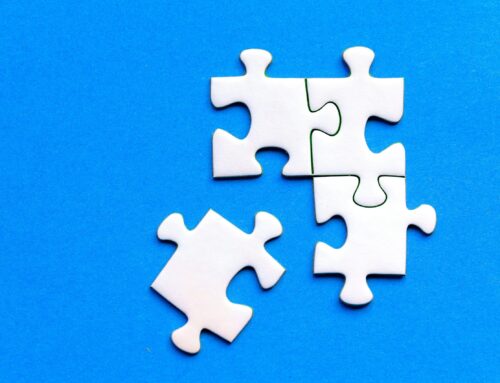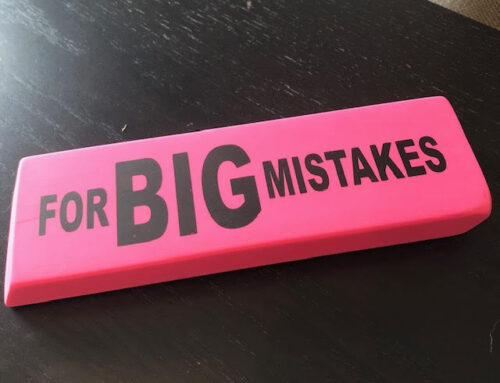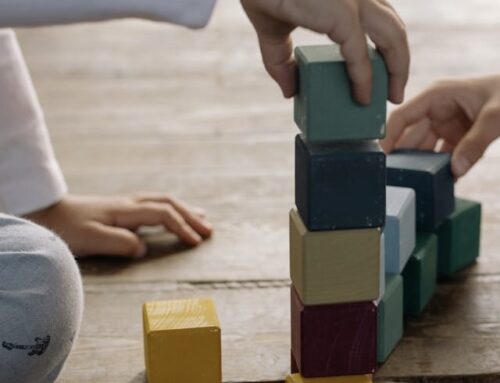Do you view sleep as a luxury? Or something that can easily be bumped when other important (or more interesting) activities are vying for your attention?
Whenever I catch myself being cavalier about my own sleep habits, I am reminded of a piece of wisdom from Jim Collins.
If you’re not already familiar with Jim Collins, he is an American researcher and the bestselling author of “Good to Great,” among other notable reads.
Jim is extremely disciplined and says no to enticing opportunities, so he can focus on what he loves doing: creating and teaching.
Jim carefully tracks every minute of his work day and strives to hit the following targets for how he spends his time: 50 percent on creative pursuits such as research and writing books, 30 percent on teaching-related activities, and 20 percent on all the other things he likes to do.
He also tracks his sleep and aims for a 10-day accumulation of 70-75 total hours sleep. He says, “If I start falling below that, I can still teach and do ‘other’, but I can’t create.”
Have you ever found yourself staring at a blank screen, feeling stuck and unable to create? Or do you find yourself procrastinating on even the most routine tasks because you just don’t have the energy?
What if you could overcome this painful rut simply by making it a priority – and a commitment – to get more sleep?
A 2018 study by the National Sleep Foundation showed only 27 percent of U.S. adults were getting the recommended 7 to 9 hours of sleep per night during the week. These numbers have no doubt crept up in the early part of 2020 due to the stress of COVID-19 and the impact it’s had on every aspect of our lives. I know I have seen more than a few sleepless hours come and go since mid-March.
But missing sleep worsens our mood, weakens our memory, impairs critical thinking, and harms our decision-making all day long.
When we sleep, our bodies do “repair work“. And this crucial repair benefits us in four key ways:
- Sharper cognition – Lack of sleep slows down our thinking. It is harder to focus and to follow complex thoughts. As a result, we have a harder time assessing situations and making decisions.
- Faster reaction – Determining a precise number of drowsy-driving crashes, injuries, and fatalities is a challenge but it’s apparent that “drowsy driving kills”. Research shows driving while tired is equivalent to intoxication from drugs or alcohol.
- Better memory – Nerve connections associated with memories are strengthened when we sleep. Conversely, sleepiness impairs our memory.
- Better mood – We are more irritable, more likely to fight with others and less able to deal with stress when we are tired. Chronic sleep deprivation puts us at risk of anxiety and depression.
We should be making sleep a priority for these reasons alone.
But if you need one more, remember what Jim Collins discovered: when we fall short, we can’t create. Sleep is vital to doing our best work.
If sleep and exercise were tracked on our performance review, imagine how much healthier and productive our workplaces would be.
The good news is there’s no need to wait for someone else to measure us on our sleep. We know we are more productive when we are well rested. We make better decisions, handle stress better and we find more joy in our work and at home. So, it’s time to prioritize a solid night’s sleep.
If you need some more motivation, you may be interested in the National Sleep Foundation’s Bedtime Calculator. This little tool does the math for you, so know what time to go to bed (and what time to wake up) for better sleep health. Yes, it’s simple math but sometimes we need to see it to act on it.
If you are having trouble sleeping, please make it a priority to consult your doctor or find some resources to help you. At a minimum, you’ll want to make sure you are disconnecting from electronics at least one hour before bedtime as the blue light emitted from screens can affect how you sleep.
Here’s to better sleep health for all!








Leave A Comment